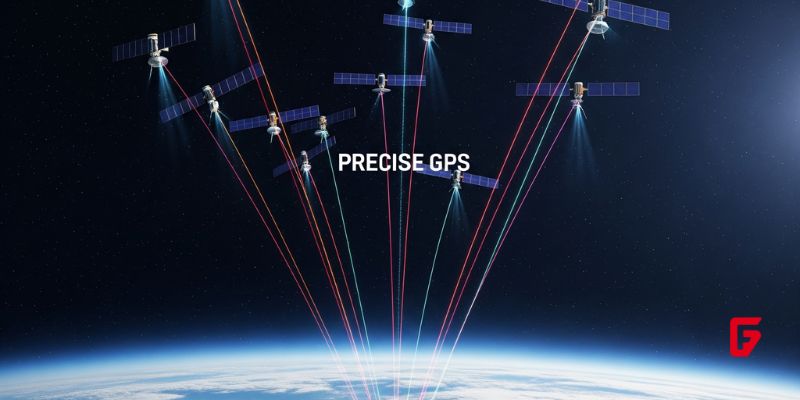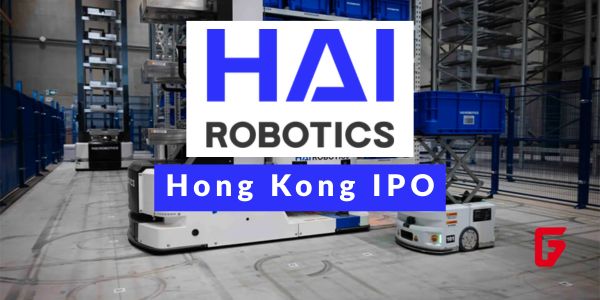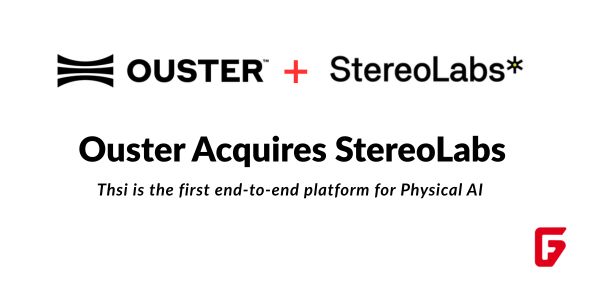Startups & Business News

The global positioning landscape is on the cusp of a major transformation, and Bay Area startup Xona Space Systems just put itself at the center of the action. The company has secured $75 million in new venture funding to accelerate the launch of its low-Earth orbit (LEO) satellite network—a move that could reshape how we think about GPS and location-based services.
Why Traditional GPS Needs a Rethink
For decades, GPS has been the invisible backbone of navigation, logistics, and countless mobile apps. But the system, originally designed for military use, is showing its age. Urban canyons, dense foliage, and even weather can degrade accuracy. As industries like autonomous vehicles and drone delivery demand centimeter-level precision and ultra-reliable signals, the limitations of legacy GPS are becoming more apparent.
How Xona Space Systems Is Changing the Game
Xona’s approach is to build a constellation of small satellites in low-Earth orbit. Unlike traditional GPS satellites, which orbit much higher, LEO satellites can provide stronger, more precise signals and update positioning data more frequently. This means:
Greater accuracy for navigation and mapping
Faster signal acquisition (less waiting for a “fix”)
Improved reliability in challenging environments
With its fresh funding, Xona aims to deploy these satellites and offer a next-generation alternative to GPS—one designed from the ground up for the demands of modern technology.
Who Stands to Benefit?
Autonomous vehicles: Precise, real-time location data is critical for safety and navigation.
Drones & robotics: Reliable positioning unlocks new use cases in delivery, inspection, and agriculture.
Critical infrastructure: Industries like energy, telecom, and finance rely on accurate timing and location.
Developers & startups: New APIs and services could emerge atop Xona’s platform, spurring innovation.
The Big Picture: Space Tech Meets Everyday Life
Xona’s funding round is more than just another startup milestone—it’s a signal that space-based infrastructure is becoming integral to everyday digital life. As LEO constellations become more common, expect a wave of new services that demand the kind of precision and reliability only next-gen satellite networks can provide.
If you’re researching next-generation GPS, LEO satellite navigation, or the future of precision positioning, Xona Space Systems is a name to watch. This funding round marks a pivotal moment in the evolution of navigation technology, with ripple effects likely across transportation, logistics, and beyond.

futureTEKnow
Editorial Team
futureTEKnow is a leading source for Technology, Startups, and Business News, spotlighting the most innovative companies and breakthrough trends in emerging tech sectors like Artificial Intelligence (AI), Robotics, and the Space Industry.
Discover the companies and startups shaping tomorrow — explore the future of technology today.
Trending Companies
Latest Articles

Dwelly Raises $93M to Supercharge AI-Powered UK Rentals Roll-Up
London startup Dwelly just landed $93M to snap up UK rental agencies and inject AI smarts. Founders from Uber and

Encord Raises $60M Series C: Fueling Physical AI Data Wave
Encord just landed $60M in Series C funding to supercharge data tools for physical AI. Founders Eric Landau and Ulrik

Foodforecast Raises €8M Series A to Slash Ultra-Fresh Food Waste with AI
Foodforecast, a Cologne AI foodtech firm, just scored €8M in Series A funding led by SHIFT Invest. Their tools predict

AI-Driven Operational Excellence: How Leaders Scale Ownership, Discipline, and Continuous Improvement in 2026
In 2026, AI scales operational excellence fundamentals—clear ownership, disciplined execution, and continuous improvement—letting leaders focus on outcomes while systems handle

VoiceLine raises €10M to scale voice AI for enterprise frontline teams
Munich-based VoiceLine has closed a €10M Series A round to grow its voice AI platform for frontline sales and service

AI-Driven Logistics & Distribution Transformation: From Insight to Scalable Impact
AI is redefining logistics transformation—from network design to real-time execution. This article explores how data-driven insight, intelligent automation, and scalable

Hai Robotics Hong Kong IPO: From Startup Funding to Warehouse Robot Leader
Shenzhen’s Hai Robotics, pioneer in ACR warehouse robots, files for HK IPO after raising over $500M in funding rounds led

AI-Enabled Process Engineering & Continuous Improvement: Designing Systems That Learn
Explore how AI transforms process engineering and continuous improvement into self-learning systems. This article explains how organizations can design operations

Ouster Acquires StereoLabs: Unified Physical AI Sensing Platform Launches
Ouster’s $35M StereoLabs acquisition fuses lidar and ZED cameras into end-to-end Physical AI sensing. Founders Cecile Schmollgruber and team drive

Bretton AI Lands $75M Series B Funding to Scale AI Agents for Financial Crime and AML/KYC Compliance
Bretton AI’s $75M Series B modernizes AML KYC compliance via AI agents, slashing staffing costs for banks and fintechs like

Axiom Space Raises $350M to Build Commercial Space Station and NASA Spacesuits
Axiom Space has locked in a fresh $350M raise to push its commercial space station and NASA lunar spacesuits toward

Santé Raises $7.6M Seed: AI Fintech Revolution for Wine and Liquor Retail
New York startup Santé secures $7.6M seed to build AI-powered POS for liquor stores, tackling regs & inventory woes after
futureTEKnow is focused on identifying and promoting creators, disruptors and innovators, and serving as a vital resource for those interested in the latest advancements in technology.
© 2026 All Rights Reserved.
![Discover the top 10 AI companies in Germany [1st Edition], revolutionizing industries with cutting-edge technology and innovations.](https://futureteknow.com/wp-content/uploads/2025/02/Top-10-AI-Companies-in-Germany-Leading-the-Tech-Revolution-futureTEKnow.jpg)







